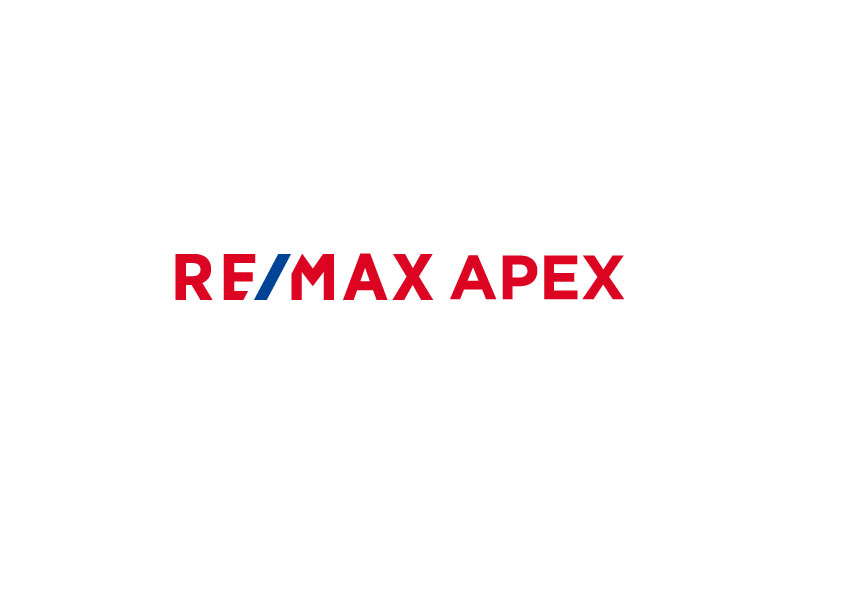When you read between the lines of the “unreported details”
The rise in variable mortgage interest rates began in earnest in October 2024. Japan’s five major banks (the three megabanks, Sumitomo Mitsui Trust, and Resona) have decided to raise the interest rate on existing variable-rate contracts by 0.15%. However, for new contracts, the banks did not act uniformly, with some choosing similar rate hikes, while others decided to hold rates steady, depending on the customer profile. So, how should we respond to this “variable interest rate hike issue”?
When the Bank of Japan shifted towards tightening monetary policy, they had previously stated in videos and interviews that variable interest rates would “probably not rise much.” The reason being that if banks raised interest rates too early, they would lose market share in terms of loan volume. In other words, the situation would resemble a “we want to raise rates, but can’t” standoff.
What is the impact on new borrowers?
The recent interest rate hike was larger than expected. However, if we read between the lines of what hasn’t been reported, there are important implications that are often overlooked.
The banks referred to in the reports as the “five major banks” are not actually the leaders in the mortgage loan market. The main players in today’s home loan market are online banks. For these online banks, mortgages are a core product, and their rate hikes so far have been very modest. In fact, I believe the situation is still one of a “standoff,” where banks are reluctant to raise rates significantly.
As a result, what will likely happen going forward is a further concentration of customers within the mortgage sector toward online banks. The issue is simply that customers will shift from the banks that have raised their rates to online banks. Some of the “five major banks” have adopted a double standard by keeping their rates steady for new loans while raising rates for existing loans, which helps avoid losing customers to online banks.
From this perspective, it can be said that, at least for now, there isn’t a major issue for those taking out new loans. The impact on them has been relatively minimal.
Additionally, many banks explicitly state that “variable interest rates are linked to the short-term prime rate.” The base rate tied to this short-term prime rate has traditionally been quite high, with the variable mortgage interest rate being determined by applying a discount to this base rate. For example, if the short-term prime rate is 1.5%, the base rate might be set at 2.5% (an additional 1%), and after applying a preferential rate discount of -1.8%, the variable mortgage rate would be 0.7%.
There is no particular justification for the large range of preferential rates, so the base rate is essentially a “display rate” (often called the “official rate”), while the preferential rate can be adjusted by the bank as it sees fit.
The evidence for this is that the interest rate on variable-rate loans doesn’t decrease even when new loan rates fall, effectively becoming a “fixed rate” for those who borrowed at a variable rate. In this sense, it’s clear that the recent news is primarily a concern for those who already have variable-rate mortgage loans.
As a result, the scope of the news’ impact becomes clearer. The “first interest rate hike in 17 years” will affect most borrowers. Many borrowers are within the 0.7-1% range of loan deductions, and even though their rates may rise by 0.15%, it’s likely that the new rate will still be below the loan deduction rate. Even if it does exceed the loan deduction, the cumulative effect of previous loan deductions will offset the increase, leaving the majority of borrowers still in a favorable position.
Changes in Mortgage Repayments Due to Interest Rate Hikes
Next, let’s focus on the change in repayment amounts. When the interest rate rises by 0.15%, the repayment amount can increase by as much as 2.7%. However, since the appreciation rate for condominiums has been 6–13% annually since 2013, many people already have paper profits of several tens of percent. The increase in property prices has always far outweighed the rise in repayment amounts, so in terms of overall finances, many homeowners have considerable flexibility.
Let’s take a closer look at variable interest rates. Many banks have the following three rules when variable interest rates rise:
- The interest rate review is conducted once every six months.
- The monthly repayment amount will remain unchanged for five years.
- The increase in the monthly repayment amount will be capped at 125% of the previous amount.
Because of Rule 1, the interest rate will be reviewed a few months later. However, for the next five years, the repayment amount will remain the same, with only the interest rate increasing, which will result in a slower reduction of the principal. To trigger the “125% rule,” the interest rate would need to increase by 1.4%, but the current rate hike is only about one-tenth of that.
How to Win the “Game” of Taking Out a Mortgage
Let’s Treat Taking Out a Mortgage as a “Game” and Organize the Key Strategies
Let’s outline the important strategies for winning the “game” of taking out a mortgage. The following five points are the strategic framework I always use when I want to win at this game.
1. Deeply Understand the Essence of the “Game”
First, it remains true that taking out a mortgage, including the mortgage tax deduction, is a “great deal.” Even if interest rates rise slightly, real estate prices will not fall (hopefully). Generally, an increase in interest rates would reduce demand and put downward pressure on prices. However, the price of condominiums is driven by new construction prices, and an increase in borrowing costs for condominium developers only leads to higher costs, which get passed on to new home prices.
2. Deeply Understand the “Causal Relationships” Leading to Victory or Defeat
The principle is “low interest rates, long loan terms, and large loan amounts”—this is the most advantageous. When interest rates rise, some people start thinking about making extra repayments, but even if you make a lump-sum repayment of 0.6%, it’s essentially the same as investing that 0.6% at that rate, so the impact is minimal, and it’s better not to do it. Additionally, if you’re within the period of the mortgage tax deduction, paying off the loan early would actually result in a loss.
3. Research the “Opponent’s” Actions in Advance and Make Assumptions
Online banks offer the lowest interest rates and are among the top lenders, so raising rates would negatively impact their market share, making it difficult for them to raise rates. For example, when the largest bank raised rates by just 0.01%, it made big headlines, so this trend is unlikely to change in the future.
4. Prepare a Reliable “Anchor” (Winning Pattern)
For those with variable-rate mortgages, even if they decide to move to a new home, the interest rate will simply be higher than what they were previously paying. Choosing to stay in their current home minimizes the impact of interest rate hikes. In other words, if you have an “anchor” that assures you it’s okay to “stay the course” and maintain the status quo in order to avoid risk, there is no need to panic.
5. Keep “Within Expected Range” Throughout the Game
Even though mortgage rates may rise, many borrowers will still fall within the scope of the mortgage tax deduction. This is within the expected range, and since they borrowed at a rate more than 1% lower than the fixed rates available when they took out the loan, the decision to go with a variable-rate mortgage was still the right choice.
Additionally, in a rising interest rate environment, even if you consider refinancing from a variable-rate mortgage to a fixed-rate mortgage, fixed rates are now higher than variable rates, making refinancing unrealistic at this time. This level of interest rate increase is still within the “expected range,” so it’s best to stay calm and observe.
Is the Interest Rate Hike a Headwind or a Tailwind?
Finally, let’s point out that while it may seem like the rising interest rates are a headwind, they could actually turn into a tailwind. The mortgage tax deduction, which became particularly beneficial during the ultra-low interest rate period, was criticized by the Board of Audit (a government agency that monitors the efficiency of tax revenue) for creating “negative interest income tax benefits” due to the extremely low rates. This led to a reduction in the deduction, from 1% to 0.7%.
In a rising interest rate environment, there is even a possibility that the mortgage tax deduction could be expanded again. The real estate industry, which is strong in lobbying efforts, will likely advocate for this in the near future. The impact of rising interest rates may be offset by the mortgage tax deduction, and it’s believed it’s not too late to consider moving only after observing any potential tax reforms.

For additional information or any questions please contact us here
Email: info@remax-apex.com

